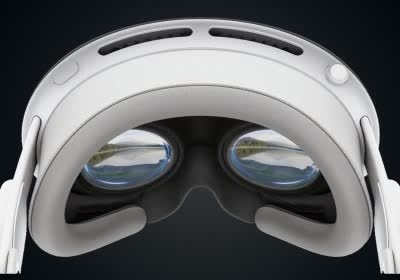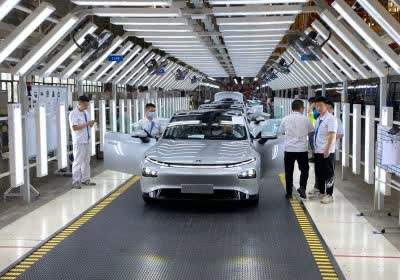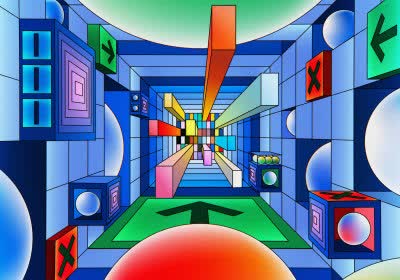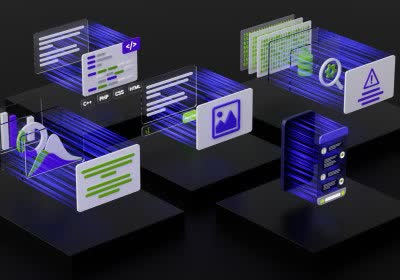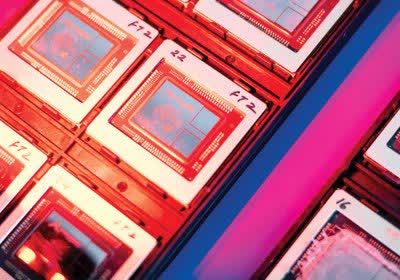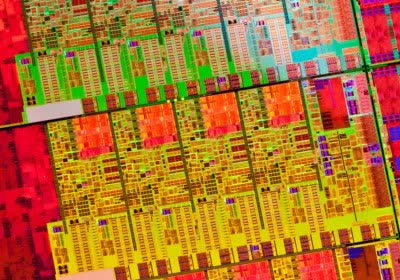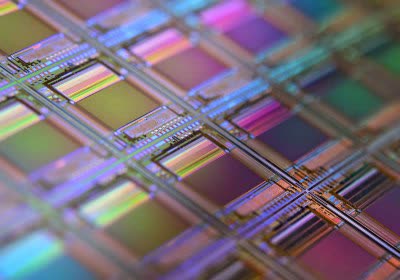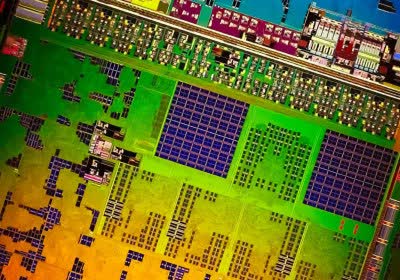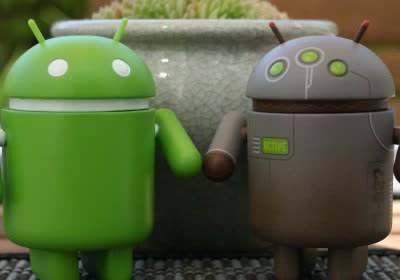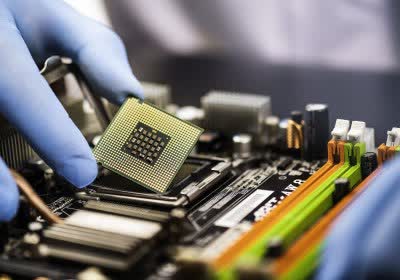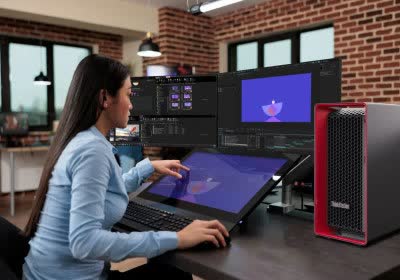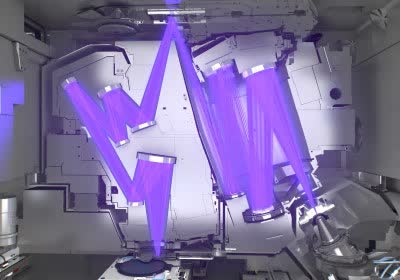The new trade war: China's dramatic rise in the EV market
China's EV growth could stir global tensions
Hybrid AI concept would move AI generation from the cloud to our devices
Distributed computing for generative AI
The AI chip market landscape: Choose your battles carefully
There are three markets for AI chips: training, cloud inference and edge inference. All of them are already fairly crowded
Dell and Nvidia launch Project Helix, generative AI for businesses
On-premises enterprise AI for improved security
Is Nvidia now a software stock? The competitive advantage of CUDA
The big picture: The world has gone mad for AI. Setting aside what the latest AI models are actually good for, it is not surprising that investors are looking for stocks with "AI exposure." Unfortunately, this turns out to be a fairly short list at the moment, and at the top of that list is Nvidia.
IBM unleashes new AI strategy with "watsonx"
The first version of IBM Watson was unveiled in 2011 when it competed on TV quiz show Jeopardy!
Opinion: Everybody wants to software
In context: For years, hardware makers have observed the attention and valuation multiples enjoyed by software companies with envy. Employees at hardware companies have also longed for the fancy perks their peers receive at software companies, while their hardware teams are fortunate to even have coffee at work. Software may be eating the world, but does that mean only software companies get foosball tables at work?
Amazon debuts Bedrock, a new cloud service for AI-generated text and images
Amazon's AI strategy focuses on choice (for developers, not consumers)
Latest Cadence tools bring generative AI to chip and system design
Specialized generative AI versus general-purpose language-based offerings
Education or experience: Should IT jobs focus more on candidate skills and less on degrees?
The split between "required" and "desired" IT job qualifications continues to grow
How to sell a CPU
Editor's take: Much of the focus in semiconductors is on chip performance, and so for many outside the process it can be mystifying why sometimes a "better" chip loses out to a "weaker" chip. To name just one example, Intel still sells a lot of server CPUs despite their poor comparison with the latest AMD or Arm offerings.
With no easy path to replace Apple revenue, can Qualcomm ever grow again?
Hoping your competitor fails is not a great strategy
Amazon Sidewalk opens up to third-parties offering a low-bandwidth, long-range network for IoT devices
Network's killer feature may be the coverage it can already offer
Does Android need saving? If yes, here's how to do it.
Fragmentation is only one of many issues with the popular OS
Editor's take: Android is a hot mess. Google should make it truly open source. This would relieve them of a major antitrust vulnerability and infuse a massive amount of energy to the project.
For new hardware companies, waiting is the hardest part
Software can be patched in real-time, but once hardware goes out the door there is no way to fix it
Microsoft Copilot enables next-gen AI for Word, Excel and other Office applications
Is this finally the kind of digital assistant we've always wanted?
Google unveils AI tools for Gmail, Google Docs, Meet and more
After letting Microsoft take much of the spotlight with its ChatGPT partnership in recent weeks
Blurred lines: the difference between fabless and foundry companies
A rose by any other name
Lenovo revs desktop workstations co-designed with Aston Martin
Up to 4th-gen Xeon Scalable and up to four Nvidia RTX 6000 Ada generation graphics cards
Opinion: Semis Top Five
Editor's take: The industry has changed a lot in the eight years since we wrote our first analysis on the top five chip companies. We anticipated semis were no longer a growth industry and the only way for companies to keep growing was to win market share (hard) or buy other companies. This is especially true in semiconductors because most of these companies outsource their manufacturing to foundries like TSMC and GlobalFoundries.
The computerized, cloudified 5G network is getting real
Forward-looking: One of the most famous phrases about the value of networks came from Sun Microsystems' Scott Gage in 1984 when he declared that "the network is the computer." That long-time Sun tagline referred more to the value of connecting computers together and the concept of thin clients attaching to a centralized computing infrastructure than cellular networks. Nevertheless, it remains a prescient, pithy synopsis of where the computing and telecom worlds have been headed for the last three decades.
China on autos: Consider yourselves warned
The Chinese EV market is showing a new way to build cars, or at least new ways to build supply chains for cars
